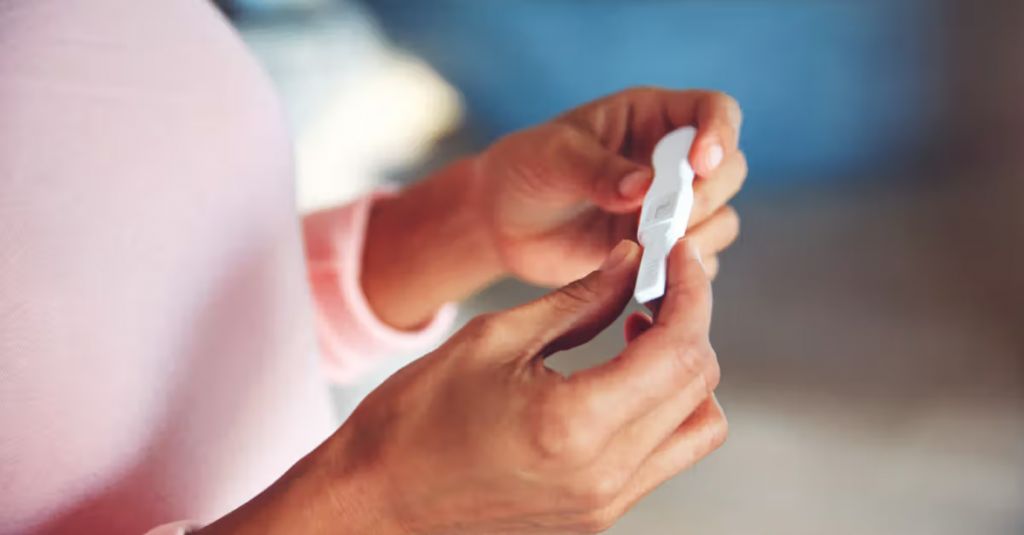
The short answer is yes! While pre-cum itself does not typically contain sperm, it can carry sperm that may lead to unintended pregnancy.
What Is Pre-Cum?
Pre-cum is a natural lubricant released from the penis before ejaculation. It is the liquid that sometimes appears at the tip of the penis before ejaculation. While pre-cum doesn’t naturally contain sperm, it can often become contaminated with sperm during sexual arousal.
ALSO READ: The RH Factor: How it can affect your pregnancy
Several factors can increase your risk of pregnancy from pre-cum and they are:
During Ovulation
Not Using Birth Control aka "the withdrawal method"
Wrong Use of Contraceptives
ALSO READ: BBNaija's Angel advises women on how to prevent pregnancy
Can I Get Pregnant From Pre-Cum Even If I'm Not Ovulating?
Yes, pregnancy can occur from pre-cum even if you're not ovulating. Sperm can survive inside the female reproductive system for up to 5 days. This means that if sperm enters the vagina, it can wait for ovulation and still cause pregnancy, even if it was not deposited during the fertile window.
What If I Have Been Exposed to Pre-Cum?
If you’ve had sex without protection and are concerned about the possibility of pregnancy from pre-cum, emergency contraception options like Plan B can help prevent pregnancy if taken soon after intercourse. It’s also important to get tested for sexually transmitted infections (STIs) if you’re unsure about your partner’s STI status.
How Can I Reduce the Risk of Pregnancy from Pre-Cum?
Use Condoms
Birth Control Pills
IUDs and Other Barrier Methods
Urinate Before Sex: Although not entirely foolproof, it may help flush out leftover sperm in the urethra, reducing the likelihood of sperm mixing with pre-cum.
In conclusion, the withdrawal method is an unreliable form of contraception. To reduce the risk of pregnancy, it's important to use more effective birth control methods, as pre-cum can still carry sperm and pose a risk of pregnancy.
ALSO READ: How to tell a condom is broken before or after using it